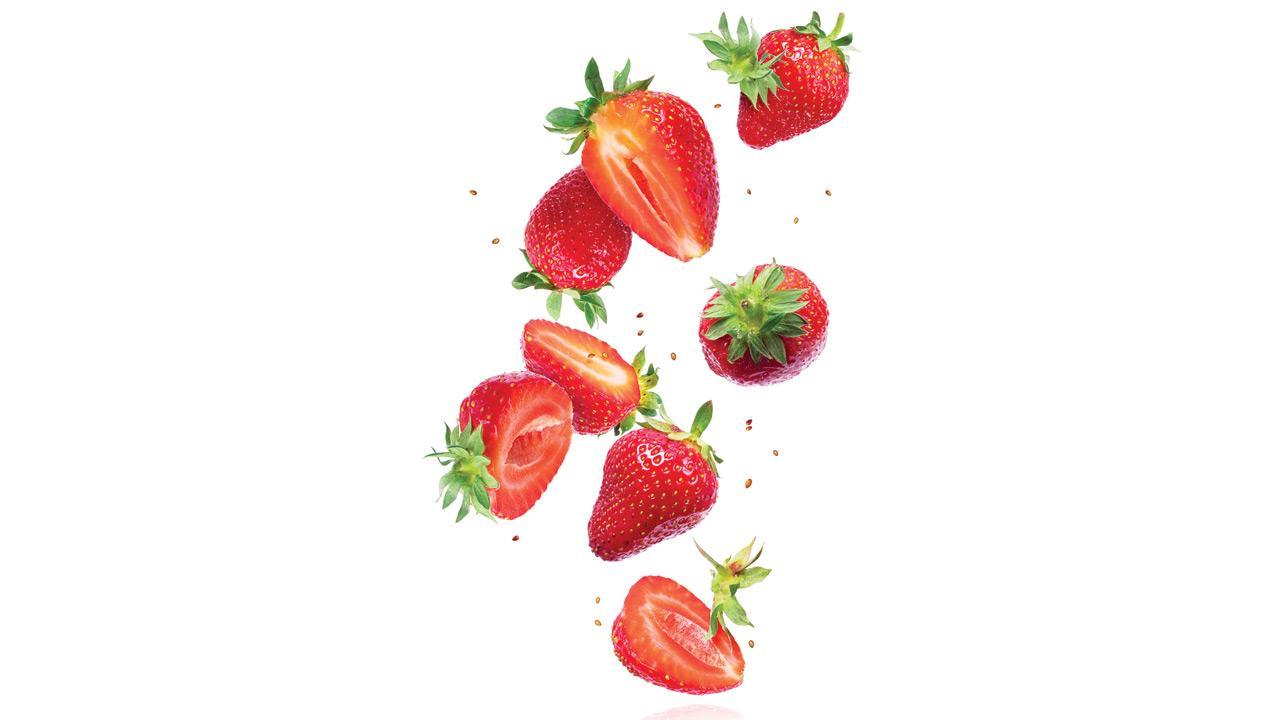-- Shares Facebook Twitter Reddit Email Grist is a nonprofit, independent media organization dedicated to telling stories of climate solutions and a just future. It's November and it's unseasonably warm as John John Brown, a Muscogee elder, works to replant peach saplings. "I haven't had much luck growing them from seed," he says.
The reason, he thinks, is because peaches need lower temperatures. Around him, tiny peach trees the size of pencils stand above the browning grass underneath their parent tree. Brown harvested around 200 peaches this year from his small orchard — enough for his family and neighbors — but he had competition: A fox has been poking around.
"The animals know when the peaches are ripe quicker than I do," Brown laughs. "They start coming in and stealing my peaches." Brown's peaches aren't your everyday peaches, they're heirlooms: direct descendants of peach seeds brought across the continent on the Trail of Tears.
Brown calls them "Indian peaches" while other Muscogees call them "Trail of Tears peaches." There has been little research on this particular variety, and it's unknown just how many genes they share with commercial peaches. While grocery store peaches are soft and fleshy, Indian peaches don't get much bigger than a lemon and are extremely firm but sweet.
The Indian peach is threatened by climate change. Where hurricanes, flooding, and higher temperatures have massive impacts on crops, including peaches, around the nation, heirloom varieties,.


















